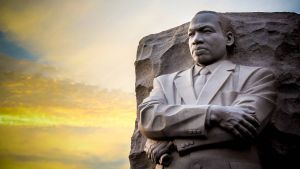The maternal mortality rate in the United States has risen drastically over the years and has disproportionately affected Black women.
The overall maternal mortality rate in the U.S. in 2020 reached 23.8 deaths per 100,000 births, which is a huge spike from the 9.8 deaths in 2000, according to the Centers for Disease Control and Prevention.
The maternal mortality rate is higher for Black women than it is for non-Black women. In 2019, there were 44 deaths for every 100,000 births and in 2020, that rose to 55.3 deaths.


















